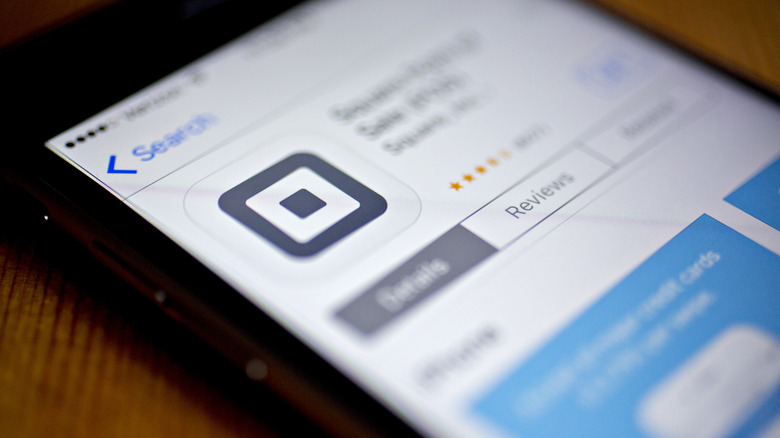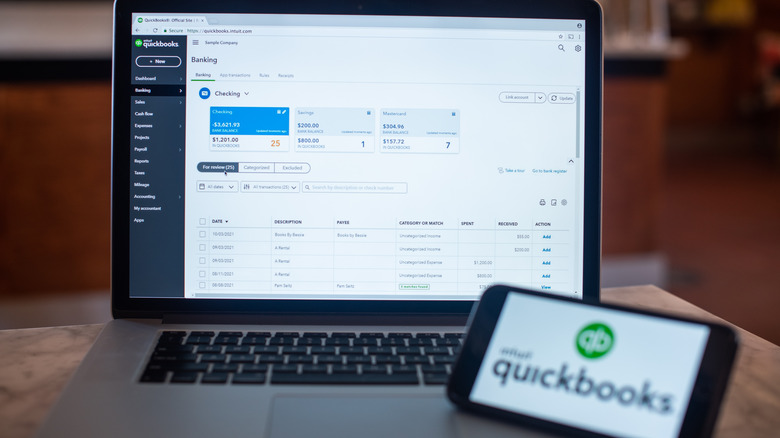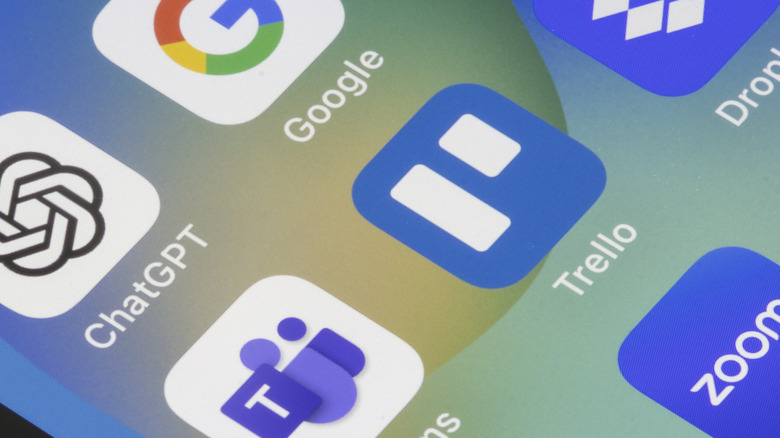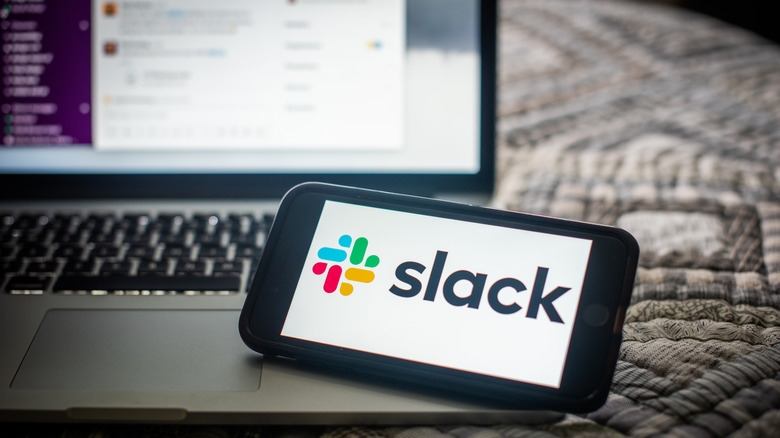5 Essential Apps For Small Business Owners
Starting a small business is a scary but thrilling endeavor. You're building something brand new from the ground up, and that means navigating plenty of unfamiliar waters. Still, with the right tools at your disposal, you can worry about what matters and make your entrepreneurial enterprise the center of your focus. In this article, we'll dive into five of the most essential apps small business owners should investigate to help streamline their workflow, save money and time, and expand their venture further.
Whether you need to take payments, keep your books in order, or communicate with your team, there are plenty of apps available to small business owners in 2024, and it can be hard to sort through all of them. We narrowed things down based on cost, features, and general popularity, as well as how well-supported each tool is to help make a choice easier so you can find the tools you need to succeed and integrate them into your enterprise.
Square – the essential POS app
Square is a company you've almost certainly encountered before, if not as a business owner, then as a customer. Its tablet-based point-of-service systems dot the countertops of small businesses across the country and around the world. Whether your small business is a food truck, a hair salon, or a CrossFit gym, Square can help you take and process payments.
Those iPads that swipe your credit card aren't the only things Square offers. The company also offers payroll solutions, employee scheduling directly from POS, e-commerce websites for selling goods and services, email lists to keep in touch with customers, customer rewards and loyalty programs, and many other such tools. All of those elements might be available elsewhere, but Square brings them all together into a single, streamlined package, with support available if anything goes wrong.
Square's pricing ranges from free for extremely small businesses to custom pricing for bespoke operations with unconventional needs, which makes it even more enticing for those trying to get a business off the ground without a lot of initial overhead.
Intuit Quickbooks – the essential accounting app
Sometimes, the boring, predictable choice is the best option, and that's the case with Intuit Quickbooks, one of the most well-known accounting apps on the planet. From cash flow management to invoicing, there's almost nothing Quickbooks can't do when it comes to managing your small business finances.
Whether you need to pay out, take money in, or keep track of your finances, Quickbooks does all of that without the need for you to leave the application. It can generate invoices, track payments, and keep track of expenses. It can project future profits, generate financial reports, and track e-commerce sales and analytics. You can even apply for loans within the software, though SlashGear has not tested that feature and cannot speak to whether it will actually help you get the best loan for your needs.
So yes, Quickbooks is boring and predictable. But that's what you're looking for in an accountant. It's easy to use, does all the math for you, and knows the ins and outs of business finances, probably better than you do.
Trello – the essential project management software
If your small business requires managing teams and projects, you'll need project management software, and it's hard to find a more robust project management app than Trello. It works on desktop web browsers, Android, and iOS, and its card-based interface makes it easy to organize project information and communicate with the people working on each task. Altogether, that makes it one of the best productivity apps on offer.
The premise of Trello is simple. Tasks are arranged into "cards," which are then moved between columns on a sort of digital corkboard. Tracking the progress of a task feels simple and tactile: you simply drag and drop cards to pin them in place. In addition to the intuitive interface, Trello lets users add due dates, labels, and members to cards. Communication features are rich, with each card having a comment thread and the ability to tag users. Users can see all the activity on their assigned projects in the notification tab. Additionally, there are a variety of add-on plugins that can customize the app to your specific workflow or project needs.
Google Workspace – the essential productivity suite
Every business will, of course, need a few basic tools, such as a shared calendar, email, and productivity software for writing documents or prepping spreadsheets. For those use cases, it's hard to find a better all-around suite of apps than Google Workspace. Formerly known as G Suite, Google Workspace includes Gmail along with Google Calendar, Meet, Chat, Drive, Docs, Sheets, Slides, Forms, Sites, and more. All of these tools are unified within Workspace for business-facing users.
Google's suite of workspace apps runs in any Chromium-based desktop browser, as well as on both Android and iOS. Of course, you can use all of these tools for free, but Google offers paid Workspace plans tailored to business owners, with security and management controls included.
Most recently, Google has been enhancing its Workspace products with a new AI program called Duet AI, which, among other things, helps to draft emails, generate spreadsheet templates for Sheets, create images for slide presentations, analyze drafts in Docs documents, and more. Google has been all-in on the recent explosion of AI, which means Workspace users can reasonably expect far more integration with the company's AI in the future.
Slack – the essential team communication platform
Once you've got your business all set up, you'll spend a lot of time communicating with your team, which means you'll need a robust intra-organization communication platform. The first thing many small businesses do is set up a team Slack to keep everyone on schedule while reducing the number of meetings that need to be put on the calendar.
Along with Microsoft Teams, Slack has established itself as one of the de-facto apps businesses rely on, especially those with remote workers. It's a communication platform designed for organizations, with each team able to chat in their own channel or private group. With a robust set of administrative tools that allow administrators to customize visibility and establish parameters for each channel, Slack hits the sweet spot by being easy to use for your teammates and endlessly customizable at the same time. Plug-ins take the experience further, allowing you to sync calendars, run polls, set group reminders, integrate with task management apps, and more.





